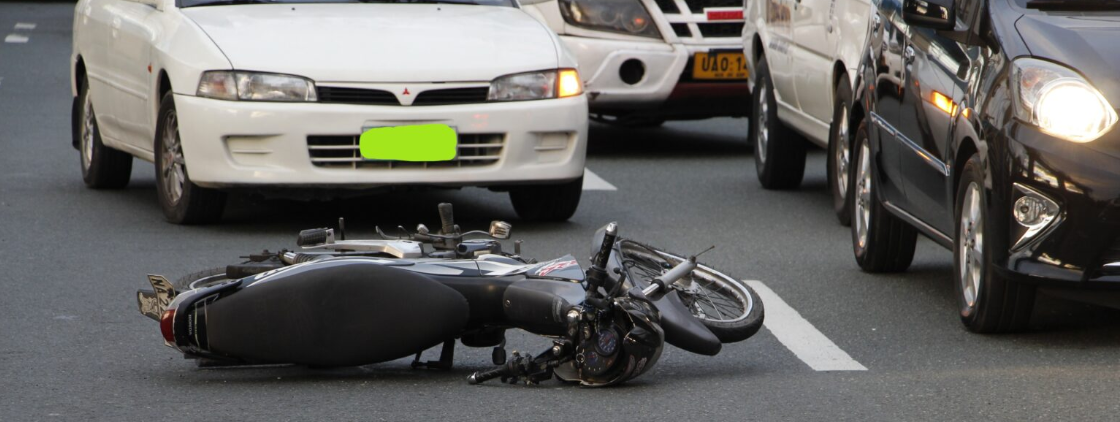According to the report, a rider on a Suzuki motorcycle collided with a four-door gray car at the intersection.

Alameda, Calif. – A motorcycle rider is dead after colliding with a vehicle at an intersection in Alameda Sunday afternoon, according to police report.
The accident happened at about 1 p.m. February 11, in the area of 9th Street and Lincoln Avenue.
According to the report, a rider on a Suzuki motorcycle collided with a four-door gray car at the intersection.
The rider sustained fatal injuries in the crash.
Responding crews four a crumpled motorcycle con the other side of the street while the car was at the middle of the intersection with airbags deployed.
Types of Motorcycle Accidents in California
Different types of motorcycle accidents can occur on interstates in CA, each with its unique circumstances and factors.
- Rear-End Traffic Collision- One common type of accident is rear-end collision, where a vehicle strikes the rear of a motorcycle due to factors such as distracted driving or failure to maintain a safe following distance.
- Lane-changing accidents – lane-changing accidents happen when a vehicle fails to properly check blind spots or use proper signaling while changing lanes, resulting in a collision with a motorcycle in the adjacent lane.
- Merge-related accidents – Merge-related accidents can also occur, where vehicles entering or exiting the interstate fail to yield or merge properly, leading to a collision with a motorcycle already on the highway.
- Sideswipe accidents – Sideswipe accidents are another common type, where a vehicle collides with a motorcycle while traveling parallel to each other, often due to the driver's failure to check mirrors or maintain a safe distance.
- Intersections Accidents- Intersections can also be a site for motorcycle accidents, as interstates often intersect with other highways, roads, or ramps. Factors such as failure to yield, red-light violations, or improper lane changes by other vehicles can contribute to these accidents.
- Speed-Related Accidents- Speeding accidents can occur on interstates, where a motorcycle traveling at high speeds loses control and crashes, often resulting in severe injuries or fatalities.
- Construction zone accidents – Construction zone accidents can happen when motorcycles navigate through construction areas on interstates, encountering hazards such as uneven pavement, debris, or sudden lane shifts.
- Weather-related accidents – Weather-related accidents can occur on interstates in CA, especially during heavy rain, fog, or strong winds. Slippery road conditions and reduced visibility can increase the risk of motorcycles losing control or being involved in collisions.
- DUI-related accidents – DUI-related accidents can happen on interstates when drivers under the influence of alcohol or drugs collide with motorcycles. Impaired drivers may have slower reaction times and impaired judgment, making them more likely to cause accidents.
- Mechanical failure accidents can occur on interstates when a motorcycle experiences a mechanical issue, such as brake failure or tire blowouts. These failures can lead to loss of control and potentially cause accidents involving other vehicles.
- Improper lane-splitting accidents – Improper lane-splitting accidents can occur on interstates when motorcyclists attempt to navigate between lanes of slow-moving or stopped traffic. If done unsafely or without proper judgment, lane splitting can lead to collisions with other vehicles.
- Inexperienced Rider Accidents- Inexperienced rider accidents can happen on interstates when novice motorcyclists lack the necessary skills and experience to safely navigate high-speed traffic. Inexperience can lead to poor decision-making, loss of control, or failure to react appropriately to changing road condition
